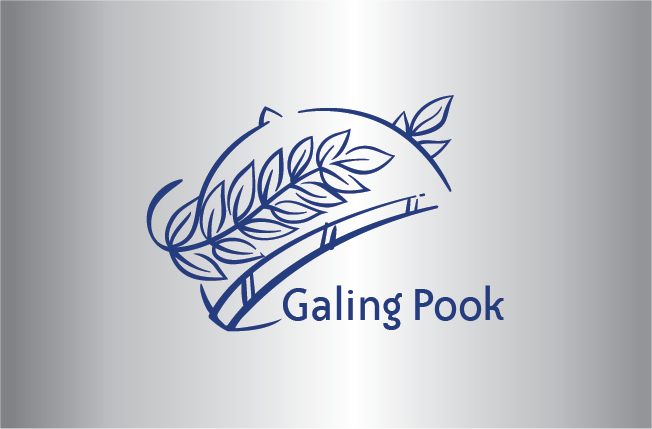
Pasig City Prehospital Care and Emergency Medical Services Medical Control Program
Pasig City
2023
When medical crises strike outside hospital walls, every second counts. Recognizing this, Pasig City launched a pioneering Prehospital Medical Control Program in 2021. Through analyzing a decade of data on emergency cases, the City saw potential to better coordinate rapid response.
Partnering with over 400 Emergency Medical Services (EMS) responders, the program streamlined care through standardized protocols. Utilizing existing technologies differently, it connected responders in the field via Messenger to the Pasig City General Hospital– Department of Emergency Medicine and Acute Care (PCGH-DEMAC) physicians, expediting guidance.
Results have been highly encouraging. From 2021 to May 2023, the medical control has received more than 5,098 endorsements, catering to both Pasig and non-Pasig residents. Prior to establishment of the program, nearly all cases were transported without coordination. With the creation of Medical Control, arrival of uncoordinated cases had gone down to 2% and 4% in 2021 and 2022 respectively.
Community participation is key. Responders hail from organizations like the Pasig Emergency Unit and barangays, all trained through the program’s workshops. Joint planning and monthly data reviews with stakeholders ensure continuous quality improvement.
This collaborative approach sustains the virtually cost-free framework. Pasig City credits multi-sector cooperation and existing facility usage for achieving results with minimal new resources. Going forward, the City aims to expand and formalize operations through legislation while increasing training coverage.
As Pasig’s program shows, standardizing best practices and allowing real-time decision-making produces successful outcomes. By establishing this vital system of accessible, rapid emergency response, the City was able to build community resilience for years to come. Their dedication to serving all residents through coordinated, compassionate care is admired nationwide. In just under two years, Pasig City’s pioneering initiative has undoubtedly transformed local emergency healthcare delivery–demonstrating what cooperative partnerships can achieve.
A standout aspect of Pasig City’s program is its pioneering application of digital connectivity to streamline emergency response. Realizing communication could be strengthened, the City tapped existing social platforms in a novel way. By utilizing Facebook Messenger, responders gain direct access to on-call physicians for critical medical guidance. Through the familiar Messenger interface on any mobile device, vital updates and images can be shared in real-time from the field.
This innovative solution circumvents issues like unreliable radio signals, while being freely accessible to all stakeholders. Messages facilitate rapid endorsement and decision-making between on-site crews and hospital staff. Leveraging technology most people already use day-to-day was a stroke of genius. It removes communication barriers, improving coordination when minutes truly matter.
By facilitating protocols, training, and real-time medical guidance, the program has helped save countless lives. Where unplanned transfers once prevailed, coordination is now the norm thanks to their efforts. As they continue seeking ways to share their pioneering work, even more communities stand to gain accessible, efficient prehospital emergency response systems. Its success stands as a testament to the impact multi-sectoral partnerships can make in building a healthier, more resilient Pasig City for all.


